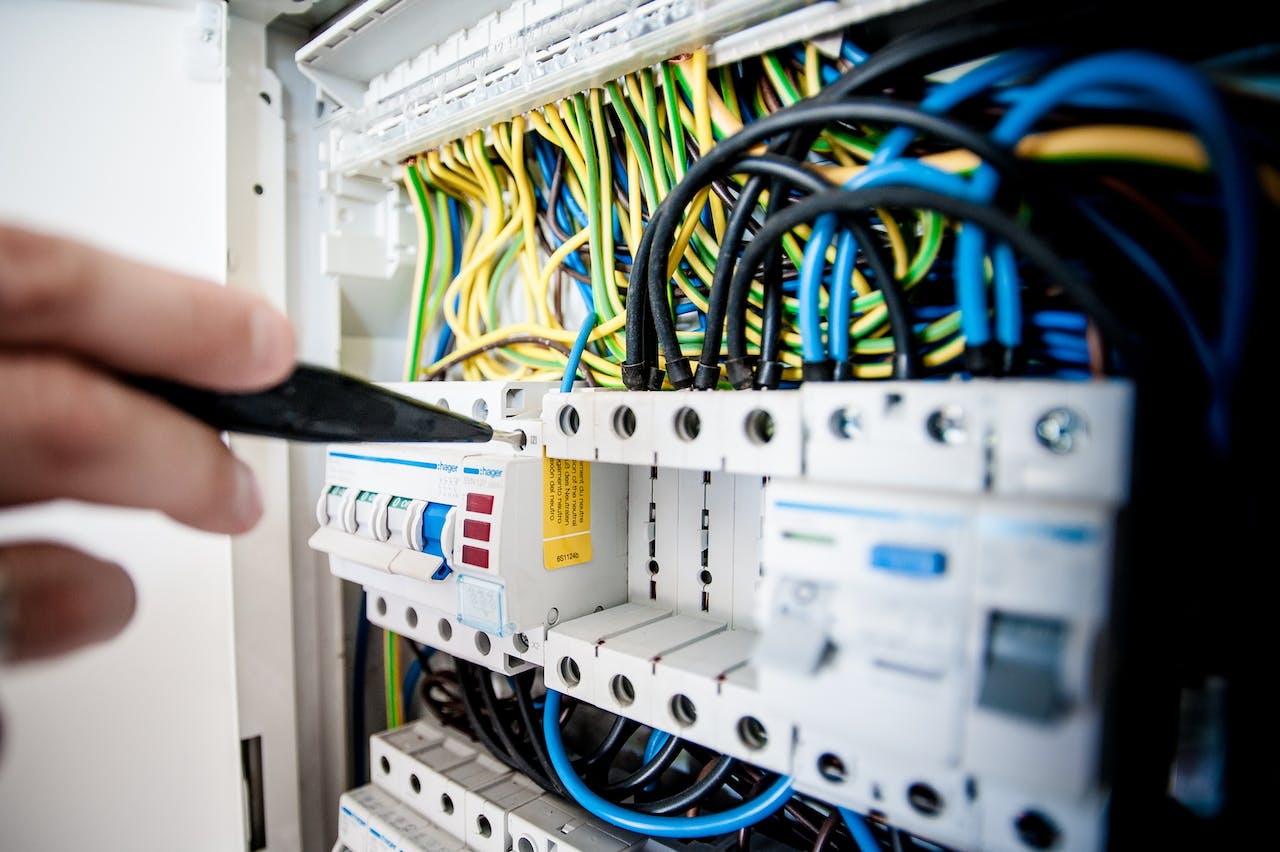Last update at :2024-07-11,Edit by888u
When we choose a cloud server, do we also have some entanglements in choosing a mirror system? Of course, for old users, there are absolutely no such problems. First, we can choose based on our own familiarity, choose whatever you usually use, and we can also customize and install our own mirror system based on actual needs. Of course, if some of our programs and systems explicitly require compatibility with the image of a certain system, we will definitely choose the one that is compatible with the requirements.
At noon today, a friend asked Snail what mirror system I usually use. I personally used to prefer using CENTOS. Later, after version 7.0 came out, I felt that some commands were operated differently, and some software needed to be resourced. It can be installed only after compilation. Later, I learned from other netizens to use Debian or Ubuntu system images.
In fact, when we used them, we found that Ubuntu and Debian have many similarities. So how do we choose between the two when we choose a mirror? In this article, Snail will share with you the differences between Ubuntu and Debian images, as well as suggestions for selection.
First, about the origin of mirroring
The ubuntu system is based on the unstable or testing branch of Debian. At the same time, some software packages from Debian have been modified to make them more suitable for desktop use. At the same time, the installation process is optimized to make Ubuntu installation easier. Because Ubuntu has made relatively large changes to Debian, Ubuntu has established its own software repository. But most of the packages are synchronized directly from the Debian software repository without modification. Of course, there are also some software that Ubuntu developers obtain directly from upstream developers and package them. But there aren’t many of those two situations. Ubuntu is also a distribution that adheres to free software. However, in the first few years of Ubuntu, due to disagreements with Debian developers about what the system should look like, and the feedback channel from Ubuntu to Debian was not very smooth, the relationship between the two communities was not very good.
From: http://people.ubuntu.com/~happyaron/udc-cn/lucid-html/ch11s09.html
Second, for installation and stability
If we are going to install software on the server, both are possible. It can only be said that if we choose to install the Ubuntu system, the openness will be stronger. For example, basically the software we need can be installed directly through apt. , and for desktops, many Linux desktops we see have richer Ubuntu desktop systems in terms of aesthetics.
Snail's personal suggestion is that if we choose between Ubuntu and Debian, if our system resources are relatively loose and we want to install the software relatively easily, we recommend installing the former. We actually see a lot of foreign technical documents, and Ubuntu is relatively common.
To summarize, when we choose a website server image, we must first look at the compatible version of the program, focus on the program system, and then choose the image. Secondly, we use whichever one you usually use based on your familiarity. If we are new to it, I personally recommend using Ubuntu if it is easier. This way, it is easier to find solutions in some documents.
Recommended site searches: local IP query, Beijing host rental, vps host, US host purchase, IP proxy server, registration information query, free server, network server rental, domain name registration website, Hong Kong virtual host space,








发表评论